“Crypto Security 101: Tips for Securing Your Digital Assets” is here to help. You’re a part of a burgeoning movement that is altering the way we think about money if you’re one of the many people who have just jumped on the cryptocurrency bandwagon. However, there are hazards associated with new technology, particularly when it comes to the protection of your digital assets. We’re going to give you the skinny on how to keep your cryptocurrency safe and secure in this article.
Cryptocurrencies like Bitcoin, Ethereum, and Dogecoin have become extremely popular in recent years. People are using cryptocurrencies to invest their cash, pay for goods and services, and even to donate to charities. However, the security threats also develop in tandem with this increase in popularity. Digital wallets used to store cryptocurrencies are susceptible to theft, phishing scams, and hacking. Additionally, there is no central authority to turn to for assistance if something goes wrong because cryptocurrencies are decentralised and highly unregulated. It is crucial that people take charge of the protection of their own digital assets because of this. Read on for our top advice on how to keep your cryptocurrency safe and secure, whether you’re an experienced crypto trader or just getting started.
Recognising the Risks
It’s critical to comprehend the risks involved with cryptographic security. Among the many risks that crypto users encounter include theft, phishing scams, and hacking. Digital wallets can be hacked in order to acquire unauthorised access, which can lead to cryptocurrency theft. Phishing scams deceive people into providing their login information by using phoney emails or websites. And when real items, like hardware wallets, are taken, theft might happen.
The significance of being cautious has been underlined by recent security incidents in the crypto industry. In a bitcoin fraud in 2020, the Twitter accounts of prominent people and organisations were compromised. And in 2021, a hack on DeFi, the biggest decentralised finance platform, led to the theft of millions of dollars’ worth of cryptocurrency. These occurrences show how even the most secure systems may be attacked, which is why it’s so important for cryptocurrency users to take precautions to safeguard their digital assets.
Selection of a Secure Wallet
The first step in securing your digital assets is selecting a secure wallet. Wallets come in a variety of forms, including paper, digital, and hardware ones. Hardware wallets are actual objects that physically hold your private keys in an unhackable manner, making them more secure than software wallets. In paper wallets, your private keys are printed down on paper and stored in a secure location. Although they provide great security, using them can be a hassle.
It’s crucial to think about your preferences and demands in terms of security while choosing a wallet. Easy of use, compatibility with your favourite cryptocurrency, and level of security given are a few things to think about. You can make an informed choice by comparing different wallets and reading customer reviews. You may feel secure knowing that your digital assets are safe and secure by using a secure wallet.
Making Secure Passwords
Creating secure passwords is a crucial component of cryptographic security. It’s crucial to use a lengthy, complicated, and challenging password when creating one. Ideal length for a strong password is at least 12 characters, with a mix of capital and lowercase letters, numbers, and symbols. Avoid using words or phrases that are widely used since hackers can readily decipher them.
Additionally essential is safely storing your passwords. To create and store complex passwords for you, think about utilising a password manager. This can lessen your risk of getting hacked by preventing you from using the same password for various accounts. It’s crucial to never disclose your passwords with anyone and to refrain from writing them down. You may significantly lower the danger of unauthorised access to your digital assets by taking these measures to develop and securely store strong passwords.
Prevention of Phishing Scams
Cryptographic security is seriously threatened by phishing scams, thus it’s crucial to understand how to spot and prevent them. These frauds use phoney emails or websites that seem real to deceive consumers into divulging their login information or other private information.
It’s crucial to be aware of unsolicited emails and to refrain from clicking on links or downloading files from unidentified sources in order to protect yourself from phishing scams. Check the sender’s email address and search for indications of a secure connection, such as the padlock icon in the URL bar, to confirm the legitimacy of emails and websites.
Additionally, even if the request sounds legitimate, never divulge personal information or login passwords. Always keep in mind that reputable businesses would never request that you send them sensitive information via email. You may guard yourself against phishing schemes and keep your digital assets secure by being alert and adopting these precautions.
Maintaining Software Updates
Maintaining the security of your digital assets requires constant vigilance. Even when using secure wallets and strong passwords, it’s crucial to constantly check your accounts for any indications of unauthorised activity. This entails looking up your transaction history and confirming the legitimacy of requests for login information or personal data.
You can also avoid potential hazards by keeping up with the most recent security threats. Watch for news and updates from reliable sources, and think about joining online groups or forums to talk about crypto security.
You may better secure your digital assets and lower your chance of being a victim of security risks by remaining alert and knowledgeable. Never forget to put your holdings’ security first and take aggressive measures to keep them secure.
Remaining watchful
Maintaining the security of your digital assets requires constant vigilance. Even when using secure wallets and strong passwords, it’s crucial to constantly check your accounts for any indications of unauthorised activity. This entails looking up your transaction history and confirming the legitimacy of requests for login information or personal data.
You can also avoid potential hazards by keeping up with the most recent security threats. Watch for news and updates from reliable sources, and think about joining online groups or forums to talk about crypto security.
You may better secure your digital assets and lower your chance of being a victim of security risks by remaining alert and knowledgeable. Never forget to put your holdings’ security first and take aggressive measures to keep them secure.
Conclusion
Anyone who now owns or intends to acquire digital assets must prioritise crypto security. Crypto security carries a number of threats, from theft and fraud to phishing scams and hacking, as we’ve covered in this post. A secure wallet, strong passwords, being watchful, and maintaining current software are just a few of the many measures you can take to safeguard yourself and your valuables.
It’s crucial to remember that although while crypto security can seem complicated, it doesn’t have to be. You can significantly lower your risk of being a victim of security risks by using the advice and best practises provided in this article. However, because the threat landscape is continuously changing, it’s crucial to be aware and proactive.
We exhort readers to act and put these suggestions into practise in order to safeguard their digital assets. Additionally, there are a lot of reading and learning resources available, including internet forums and communities devoted to addressing crypto security. You can guarantee the security and longevity of your digital assets by placing a high priority on crypto security.
Read More You May Like:
- Fortifying Your Crypto Fortress The Latest Security Measures
- How to Keep Your Cryptocurrency Safe from Cyberattacks
- Keeping Your Cryptocurrency Safe Best Security Practices
- Protecting Your Investments The Ultimate Guide to Cryptocurrency Security
- Safe and Secure The Future of Cryptocurrency Protection
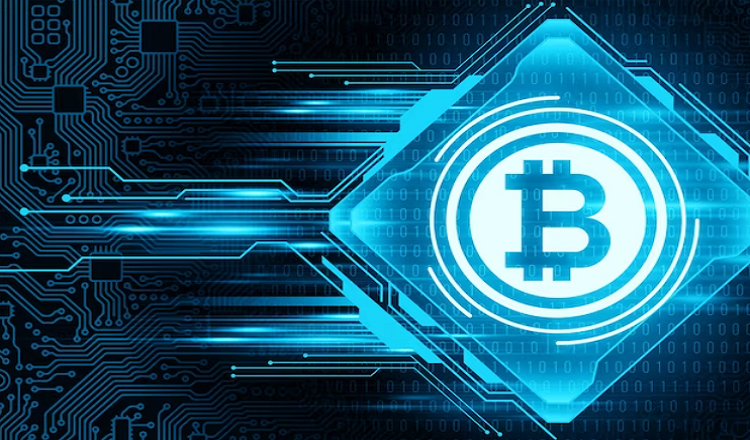
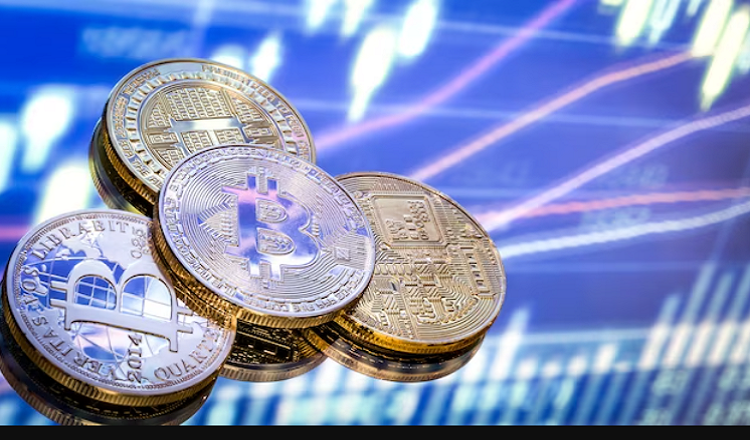

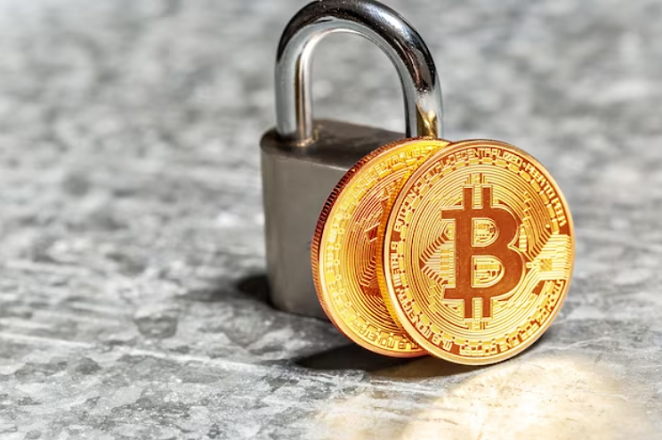




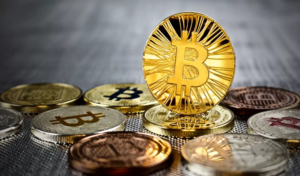
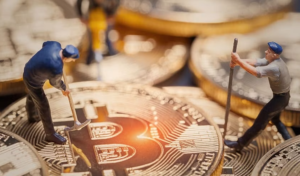




Post Comment